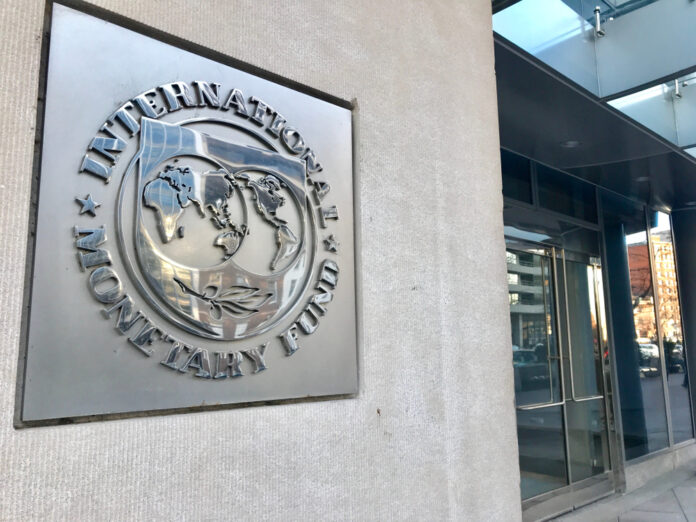Global growth this year, seen as slow and uneven, is forecast to remain well below the 20-year average of 3.8 percent, according to International Monetary Fund managing director Kristalina Georgieva.
In ceremonies preparatory to the annual spring meetings of the IMF scheduled for next week in Marrakech, Morocco, IMF chief Georgieva said while growth prospects have weakened further over the medium term, more recent events such as stronger-than-expected demand for services as well as tangible progress in the global fight against inflation have boosted chances for a soft landing of the global economy.
The IMF earlier projected global growth averaging 3 percent this year and next on the basis of stronger momentum from the United States, India and several other emerging economies like the Philippines.
The IMF chief noted that China economic activity has fallen below expectations and that many countries struggle with anemic growth rates.
“Economic fragmentation threatens to undermine growth prospects, especially for emerging and developing economies, including right here in Africa. This results in deepening divergence in economic fortunes between and within the different country groups,” Georgieva said.
According to the IMF chief, this was due to so-called “economic scarring” that had been unevenly distributed across countries, resulting to a cumulative global output loss from successive shocks since 2020 of an estimated $3.7 trillion.
She acknowledged the United States is the only country to have escaped the global phenomenon as its output growth has returned to pre-pandemic path and that the output growth performance of the rest of the world is still below trend.
She also said the low-income countries suffer the most from the slowdown because these are those countries with extremely limited capacity to buffer their economies and protect their vulnerable sectors.
“Divergence is also driven by differences in policy space and macroeconomic fundamentals, in the extent of dependency on fuel and food imports, in the share of goods versus services in the economy, the role of trade, reform momentum, and the pace of the fight against inflation—all those affect both countries’ policy choices and their economic performance. What this leads to is countries increasingly marching to their own tune,” the IMF chief said.
Against this background, the IMF committed to help countries identify policy choices and pursue successful growth strategies.
The most important of the policy priority choices is boosting the economic and financial stability of economies: “Fighting inflation is the number one priority. Thanks to the decisive actions of central banks and responsible fiscal policies inflation in most countries is going down, but is likely to remain above target, for some countries all the way until 2025.
High inflation undermines consumer and investor confidence, erodes the foundation for growth, and above all hurts the poorest people in society the most.”







